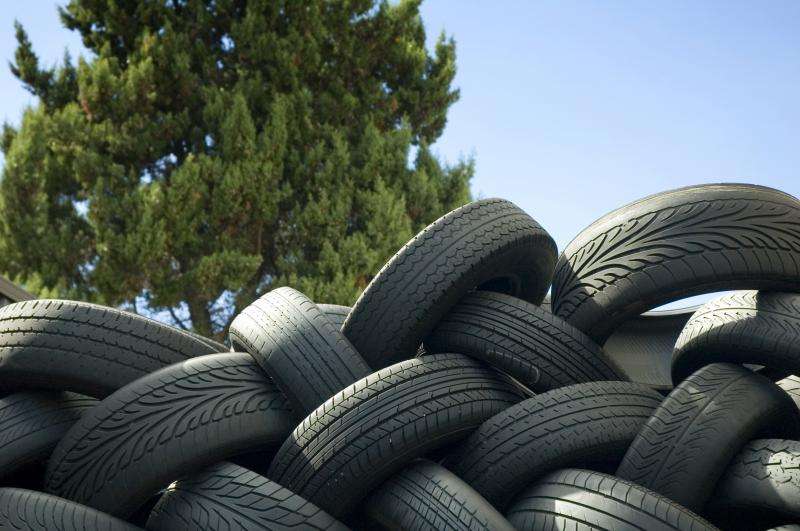Rubber is produced using renewable raw materials as an alternative to petroleum by-products

TECNALIA and KEREON Partners have set up a new technology-based enterprise to produce biological rubber. The enterprise Biosyncaucho will be basing its activity on technology developed and protected by four families of patents developed by TECNALIA and transferred to the new enterprise. This move will enable the problems of non-renewable raw materials —volatility, environmental impact and depletion— to be turned into a business opportunity. This technology addresses the problems in obtaining 1,3-butadiene, a chemical compound whose best-known use is the production of rubber to manufacture tyres. In addition to the above, 1,3-butadiene is also used as the basis for producing everyday products, such as tyres, raincoats, footwear or casings for electronic equipment, among many other things.
In a market context in which a shortage of 1,3-butadiene is anticipated, Biosyncaucho will be manufacturing an alternative compound using renewable resources, thus providing economically viable and greener alternatives for tyre makers (Bridgestone, Dunlop, Firestone, Goodyear, Pirelli, Michelin), sugar producers (AB Sugar, ACOR, Sued/Nord Zucker, Cosan, MitrPhol, etc.) or for the chemical industry itself (Repsol, Shell, Basf, Exxon, Dow Chemical, Ube, etc.).
As yet there is no established industrial process in the world for producing 1,3-butadiene using biomass. That is why the development of this process puts Biosyncaucho at the cutting edge worldwide in applied chemistry research.
Today, 1,3-butadiene is obtained as a by-product of various petrochemical processes. However, the petrochemical industry is heading towards a reduction in the use of these fractions and is producing less of this by-product. This trend will lead to a fall in the offer of this compound on the market and, as a result, a price increase.
Biosyncaucho has emerged in a context in which all the synthetic rubber available on the market has its origin in petrochemical processes. It is an enterprise that bases its technology on the synthesis of non-food sugars, in other words, raw materials of renewable origin.
Provided by Elhuyar Fundazioa
















